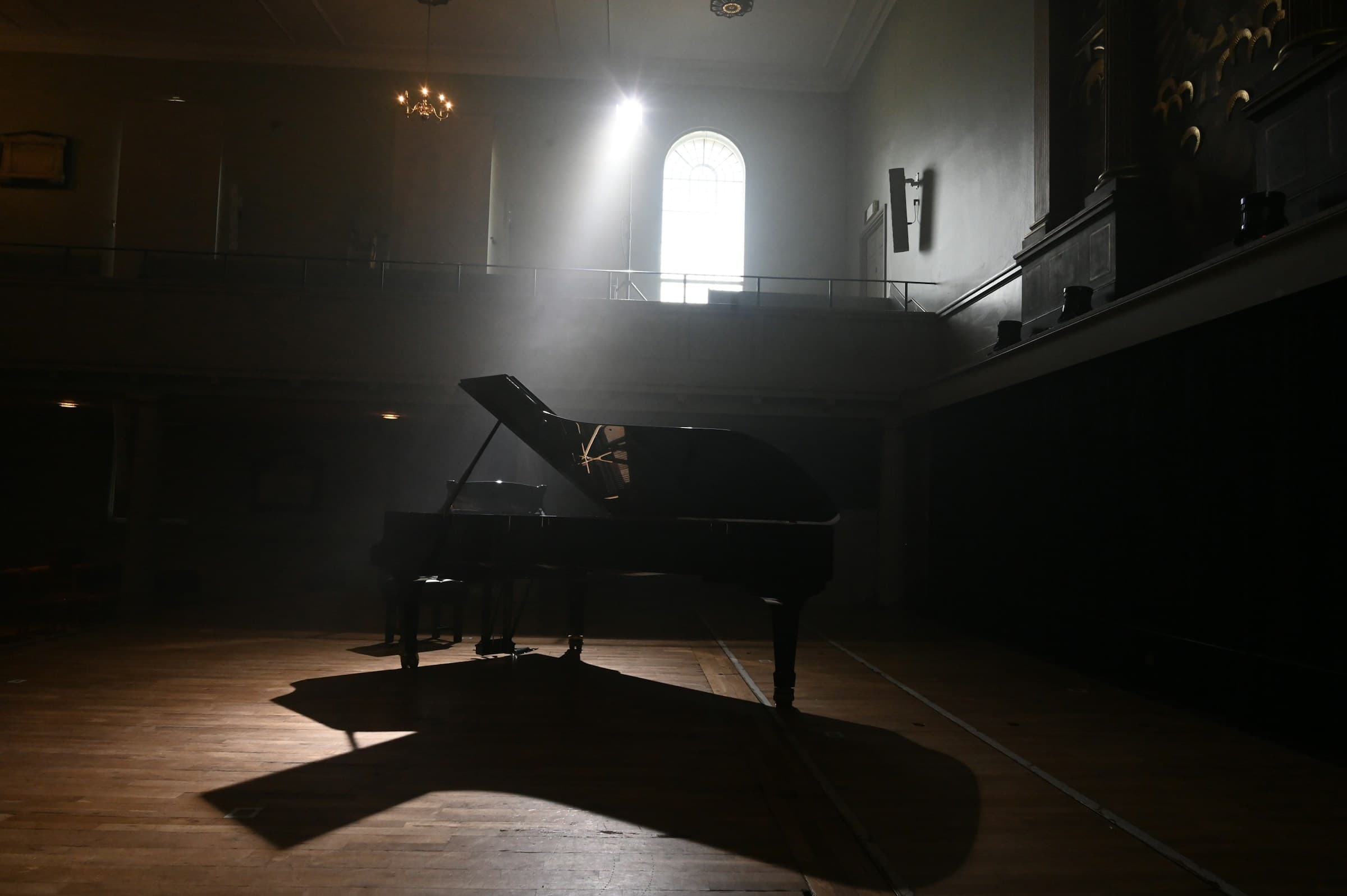
About I Chopin Competition Edition
Winners
Jury
Information
The 1st International Fryderyk Chopin Piano Competition took place at the beginning of 1927 (although it was originally planned to commence on 15 October 1926 – the day of the unveiling of Wacław Szymanowski’s Chopin monument in the Royal Łazienki Park).
Its initiator was the pianist and teacher Jerzy Żurawlew, who under the influence of Aleksander Michałowski – an outstanding interpreter of Chopin’s works – in 1925 began seeking funds for a piano tournament. As Żurawlew recalled: ‘I met with utter incomprehension, indifference and even aversion. The opinion among musicians was unanimous: “Chopin is so great that he can defend himself”. At the Ministry, it was announced that there were no funds for it […] and that the whole idea was unfeasible’. In this difficult situation, help arrived from Henryk Rewkiewicz a businessman, music lover and board member of The Warsaw Music Society, who offered his personal financial guarantees to cover the entire deficit expected to arise from the first Competition. Many years later Jerzy Żurawlew wrote, "“[…] I was greatly helped by my friend Henryk Rewkiewicz, director of the Match Monopoly, who offered 15,000 złoty - a substantial sum at the time - for the Competition.” Ultimately, thin
Plakat

